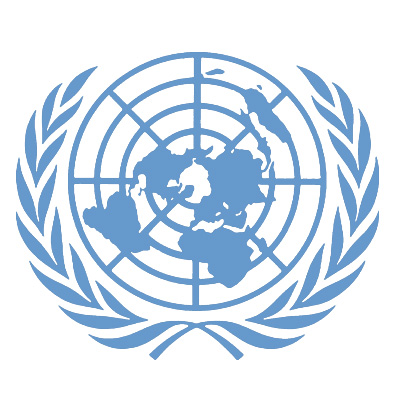 The most famous example would be Sealand, founded in 1967, on a World War II artillery platform off the coast of Essex, England. There is even a contest, sponsored by the Seasteading Institute, for creating sustainable micro-nations. Their mission is to "further the establishment and growth of permanent, autonomous ocean communities, enabling innovation with new political and social systems."
The most famous example would be Sealand, founded in 1967, on a World War II artillery platform off the coast of Essex, England. There is even a contest, sponsored by the Seasteading Institute, for creating sustainable micro-nations. Their mission is to "further the establishment and growth of permanent, autonomous ocean communities, enabling innovation with new political and social systems."Needless to say, the main thrust of micro-nations is to create societies separate from any ruling body. Sealand's manifesto states that it, "was founded on the principle that any group of people dissatisfied with the oppressive laws and restrictions of existing nation states may declare independence in any place not claimed to be under the jurisdiction of another sovereign entity." One might be attempted to interpret these claims as isolationist. However, some micro-nations could simply be carving out a place to practice their religion, style of government, or lifestyle in peace and harmony (not unlike our own country). Does this necessarily mean that they should be excluded from participating in the harmonious practice of fostering a global community? According to the United Nations: yes.

For those of you who don't know, "The United Nations is an international organization founded in 1945 after the Second World War by 51 countries committed to maintaining international peace and security, developing friendly relations among nations and promoting social progress, better living standards and human rights." However, not one of those countries is a micro-nation. Moreover, micro-nations are not recognized by the U.N. According to the Montevideo Convention of 1933 a nation must fulfill four criteria to exist
- Defined Territory
- Government
- Capacity to enter into relations with other countries
- A permanent population
The question is what would the U.N. have to lose if they admitted micro or mini-nations? Given their strategic placement off-shore they could become valuable resources for refugee protection and models of sustainable development (a few of the several issues the U.N. supports).
So what do you think? Should the U.N. admit micro-nations or not? What is the downside?
~guybrarian


No comments:
Post a Comment